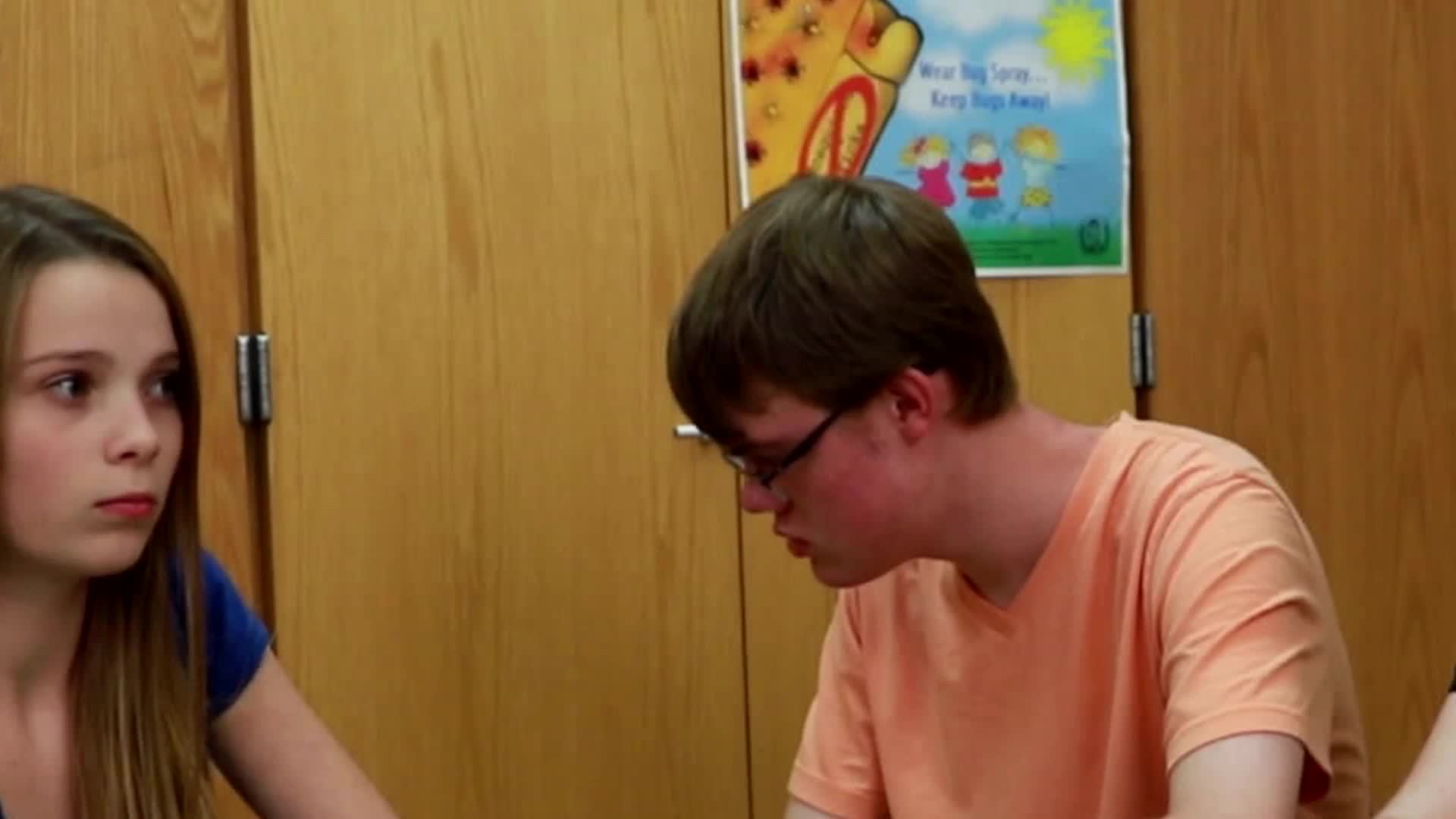
Introduction
In the world of sports and games, it’s essential to recognize that we can’t always win. Teaching students how to handle defeat gracefully is a critical skill that can lead to better relationships and a more enjoyable experience for everyone involved. By incorporating principles of Social-Emotional Learning, educators can help students develop the ability to be good sports when they lose, thereby fostering a positive and supportive environment.
No-Prep Activity
A simple, no-prep activity to teach good sportsmanship is role-playing. Have students work in pairs or small groups and create scenarios where one person wins, and the other loses. Encourage them to act out both positive and negative reactions to losing, discussing the impact of each response on the individuals involved and the group dynamic. By experiencing and analyzing these situations, students will gain a better understanding of the importance of being a good sport when they lose.
Discussion Questions
- How does Mike’s initial reaction to losing affect his friends and the overall atmosphere?
- What are some ways Mike can show good sportsmanship even when he’s disappointed about losing?
- How can being a good sport when losing benefit both the individual and the group?
- What are some strategies to help students develop a positive attitude towards losing?
- How can educators reinforce the importance of good sportsmanship in various settings?
Related Skills
Teaching good sportsmanship goes hand in hand with other essential Social-Emotional Learning skills, such as:
- Empathy: Understanding the feelings of others and being sensitive to their emotions.
- Resilience: Developing the ability to bounce back from setbacks and maintain a positive attitude.
- Respect: Showing consideration and appreciation for others, regardless of their abilities or achievements.
- Self-awareness: Recognizing one’s emotions and understanding how they can influence behavior.
- Effective communication: Expressing oneself clearly and respectfully, even when dealing with disappointment or frustration.
Next Steps
To further explore and practice the skill of being a good sport and other related Social-Emotional Learning skills, be sure to sign up for free samples of Everyday Speech materials. These resources will provide you with additional activities, lessons, and strategies to help your students develop the essential skills they need to navigate the challenges of life with grace and resilience.

